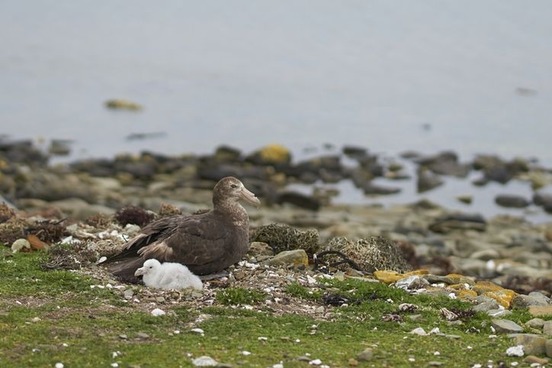
Bazaar & bizarre
A bazaar refers to a market or fair at which goods are sold. The word derives from Persian, as it originally referred to such markets in Middle Eastern countries.
The adjective bizarre means “odd or eccentric,” borrowed via French from the Italian bizzarro. English formed its own word bizarro, used often to describe something given an altered or fantastic interpretation (as in “a bizarro version of a classic children’s tale”)

Cymbal & symbol
Cymbal refers to a percussion instrument made usually of brass or bronze that produces a clashing sound. It ultimately derives from Greek and is related to kymbē, the noun for a bowl or boat.
Symbol is used broadly for something that stands for or represents something else. A basic example is the use of a skull and crossbones to indicate that something is poisonous. The Greek symballein means “to put or throw together” or “to compare,” and the noun symbolon referred to something that was verified by being compared to something else.

Muscle & mussel
In the case of muscle and mussel, one word derived from the other. The name of the body part derives via Middle English from the Latin musculus, from the diminutive of mus ("mouse"), a relationship that is perhaps due to the resemblance of a muscle and its connected tendon to a mouse and its tail, or the perceived resemblance of a muscle’s movement to the scurry of a mouse beneath the skin.
In Middle English, both the organ and the mollusk were spelled muscle. It’s not certain how the mollusk known as a mussel got its original name muscle—whether it was through a comparison of the creature to either the body part or a mouse, but it explains how the Alabama city named Muscle Shoals got its name, as it purportedly alludes to a shallow zone in the Tennessee River where mussels were gathered.

Aloud & allowed

Colonel & kernel
Colonel and kernel are two of English’s more perplexing homophones, since nothing in the spelling of colonel hints toward an \r\ sound. So where did it come from?
When the Italian word colonello was taken into French, it became coronel, and the word was borrowed into English with this spelling. But later the spelling colonel came to be used in order to reflect the Italian origin of the word, despite its keeping the French-influenced pronunciation.

Cereal & serial
The grain known as cereal has an origin in myth—the Roman goddess Ceres, the goddess of agriculture. The Latin adjective Cereālis came to mean “of or relating to the goddess Ceres or to wheat or bread.”
Ceres’ name, incidentally, is a homophone of series, which forms the basis of our adjective serial, which can describe things as varied as a magazine story across several issues or one who murders a number of people in succession. The Latin verb serere means “to join or link together.”

Borough, burrow, & burro
A triple homophone occurs with borough, burrow, and burro. Borough, used for one of the five political divisions of New York City (among other things), derives ultimately from burg, the Old English word for a fortified town. While it takes a lot of digging to make a town, you shouldn’t confuse it with burrow, the verb for digging into the ground. And while burrowing is often done by animals (such as rodents), the animal called burro comes from Spanish, which adapted an irregular form from the Latin burricus, meaning “small horse.”

Petrel & petrol
Petrel, formed as a shortening of pitteral, refers to a kind of bird (families Procellariidae and Hydrobatidae) that lives on the shore.
Petrol, from the French essence de pétrole, (“essence of petroleum”) is a term that the British use for gasoline.
These terms are rarely confused, though petrol blue is a grayish blue-green color that on occasion is mistakenly thought to be named after the sea bird.






